Do you go to a gastropub to get your favorite beer? Do you love Fox’s hit show Glee because of the original mash-ups the students of McKinley High perform? Or do you consider your man cave to be the best place to kick back and watch the game? While these questions all seem unrelated they do have one big thing in common. “Gastropub,” “mash-up,” and “man cave” are part of the list of new words added to Merriam-Webster’s Collegiate Dictionary 11th edition last year.
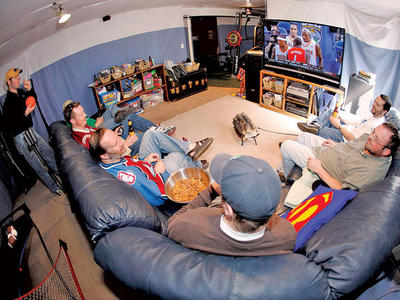
Merriam-Webster’s Collegiate Dictionary defines “man cave” as “A room or space (as in a basement) designed according to the taste of the man of the house to be used as his personal area for hobbies and leisure activities .”
(Credit: phillyburbs.com, Levittown, PA)
The dictionary is the resource we use to learn words and their definitions. After all, the dictionary confirms whether or not something truly is a word. It is used by Scrabble whizzes to verify whether or not the letter tiles placed by their opponents actually form an official word. So if the dictionary determines what is and is not a word how does a word get added to it? Who holds the power and makes the careful selection? Why are some words chosen over others?
This month as we continue our focus on word choice we wanted to learn more about the ultimate choice when it comes to words – choosing new words for the dictionary. We spoke with Peter Sokolowski, life-long word lover and Editor at Large at Merriam-Webster. He explained the process for adding words to the dictionary and other great features Merriam-Webster offers like the Word of the Day and the Most Popular Words. We welcome his insights.
– – –
When did you first become interested in words?
I always loved words — I’m from one of those families that read the encyclopedia at dinner. I think the Sherlock Holmes stories sent me to the dictionary often when I was 11.
Each year Merriam-Webster releases a list of new words being added to the annual update of Merriam Webster’s Collegiate® Dictionary. What were some of the new words added in 2012?
The new words give us a look at the culture as it changes through the prism of language. Terms like “systemic risk” and the financial sense of “underwater” reflect the financial crisis. Other new words are are more lighthearted, like “man cave” and “bucket list.” “Cloud computing” and “mash-up” reflect technology and media trends. My favorite of the new words is probably “gastropub.”
How do you determine that a word has become widespread enough to be added to the dictionary?
Editors read for the purpose of noticing words on a daily basis. Over months and years, this process produces a kind of census of the language — of new terms and existing words used in new ways. We then monitor this usage, and when a word is used by many people in many places, it’s time for it to be added to the dictionary. We look for words that show increasing use, not those that come and go quickly; we wait several years before a new term is added.
Merriam-Webster’s website shows a listing of the most popular words. These are words that are the most frequently looked up in either the past 24 hours, past seven days, or past four months. What makes these words so popular?
Some words, like “pragmatic,” “integrity,” and “paradigm” are looked up every day of the year. Others shift slowly and rise for a period of weeks or months — right now, “holistic” and “conscientious” are among these. Finally, we see words triggered by the news or pop culture; for instance, “socialism” and “capitalism” were looked up frequently during the presidential campaign last year, and “androgynous” spiked when actress Zoe Saldana used the word to describe herself in a much-discussed interview.

Actress Zoe Saldana referred to herself as “androgynous” in an interview with Allure magazine spiking searches for the word on Merriam-Webster’s website.
(Credit: www.latimes.com)
Your website also offers a word of the day. How did this start and how are featured words selected?
A team of editors choose the words in rotation. They choose words that have interesting histories or families of synonyms. I hear often from people that they love the Word of the Day. It’s also available as a podcast on iTunes.
What are some words that were popular a few years ago but their use has declined recently? Are there words that we said a few years ago that would sound strange being used today?
I don’t see the word “metrosexual” used often today — words can sometimes be just like fashion. They come and go and become evocative of a specific era (just think of “groovy”).
With the rise of social media and the need to often communicate in 140 characters or less have you found that people are using more acronyms and abbreviations to communicate with in place of words? Do you see this new form of words being included in the dictionary some day?
“LOL” and “OMG” are already entered in the Collegiate dictionary. Most of the abbreviations used in texting have been in use for a long time, and there’s no need to worry about the decline of English because of the use of a specific abbreviation. The fact is that we are using the dictionary more than ever, and for reasons that are linked: on the one hand, the dictionary is more easily consulted than ever online and as an app in addition to print. But we are also both reading and creating more text than ever for communication — the way we work and study requires more written communication, and taking care with spelling and meaning is important.
– – –
What words do you think should be added to the dictionary? For a sampling of more words added to Merriam-Webster’s Collegiate Dictionary last year click here.
Liz Faris, Associate
Collaborative Services, Inc.

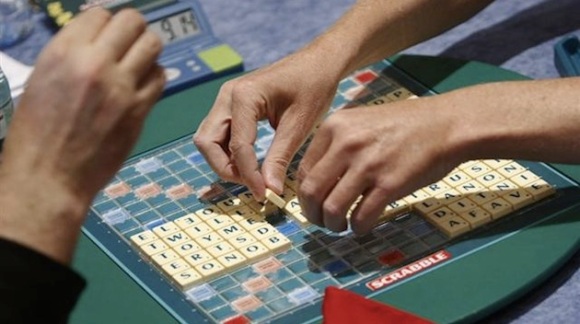
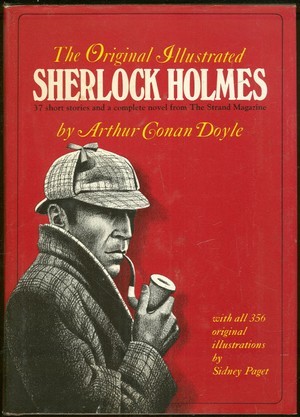

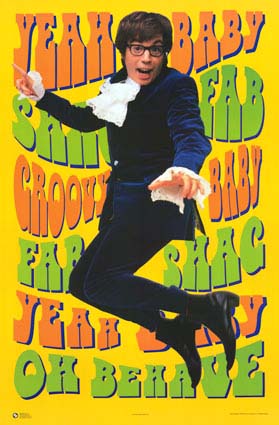
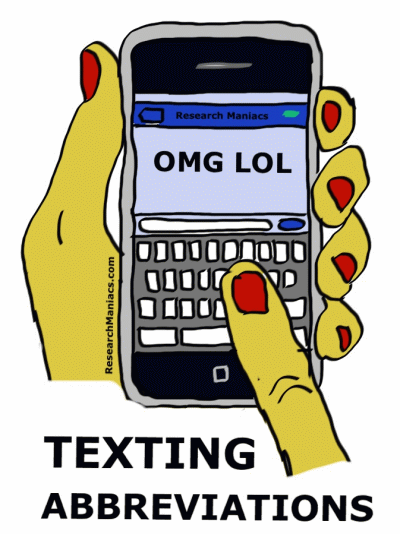
Recent Comments